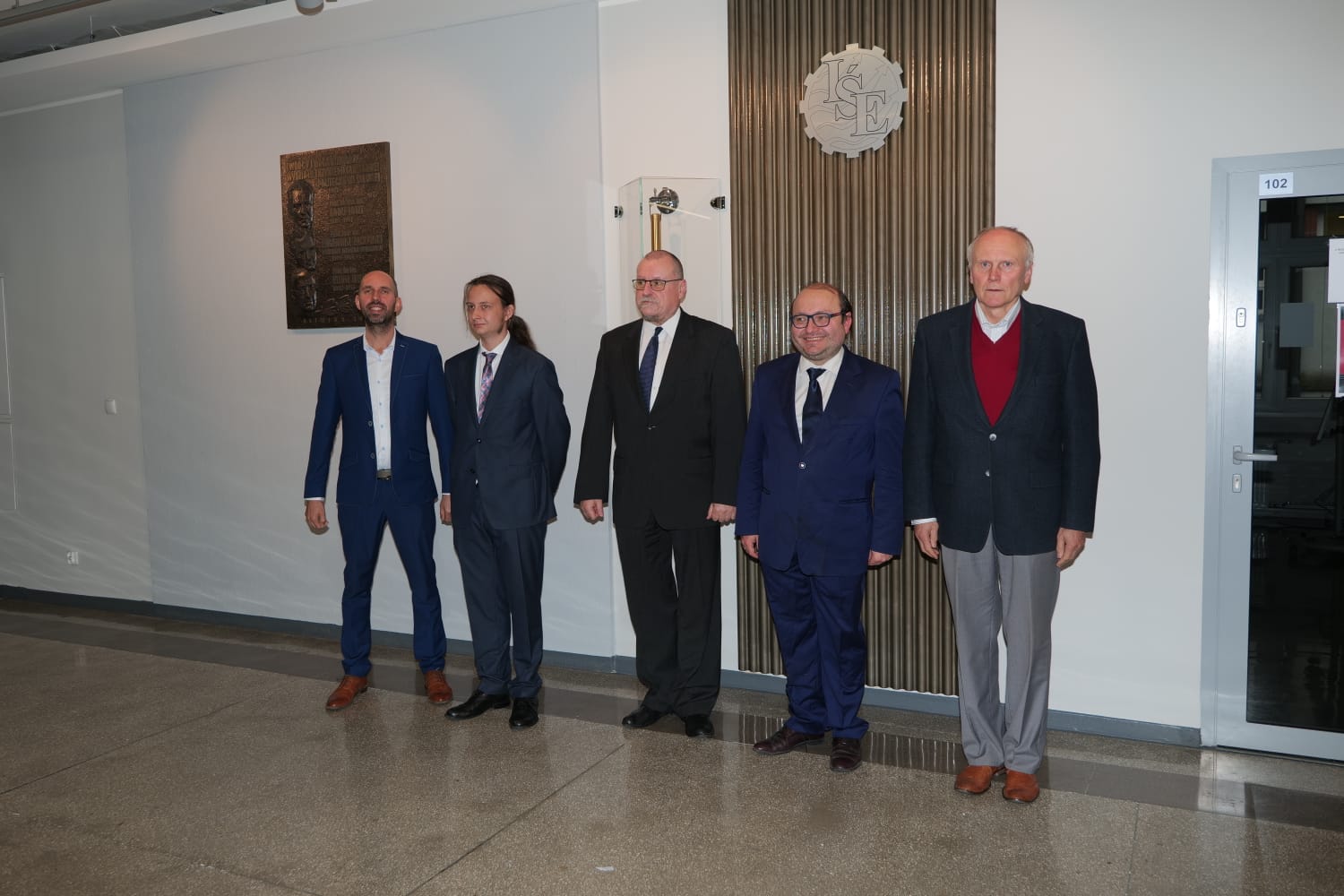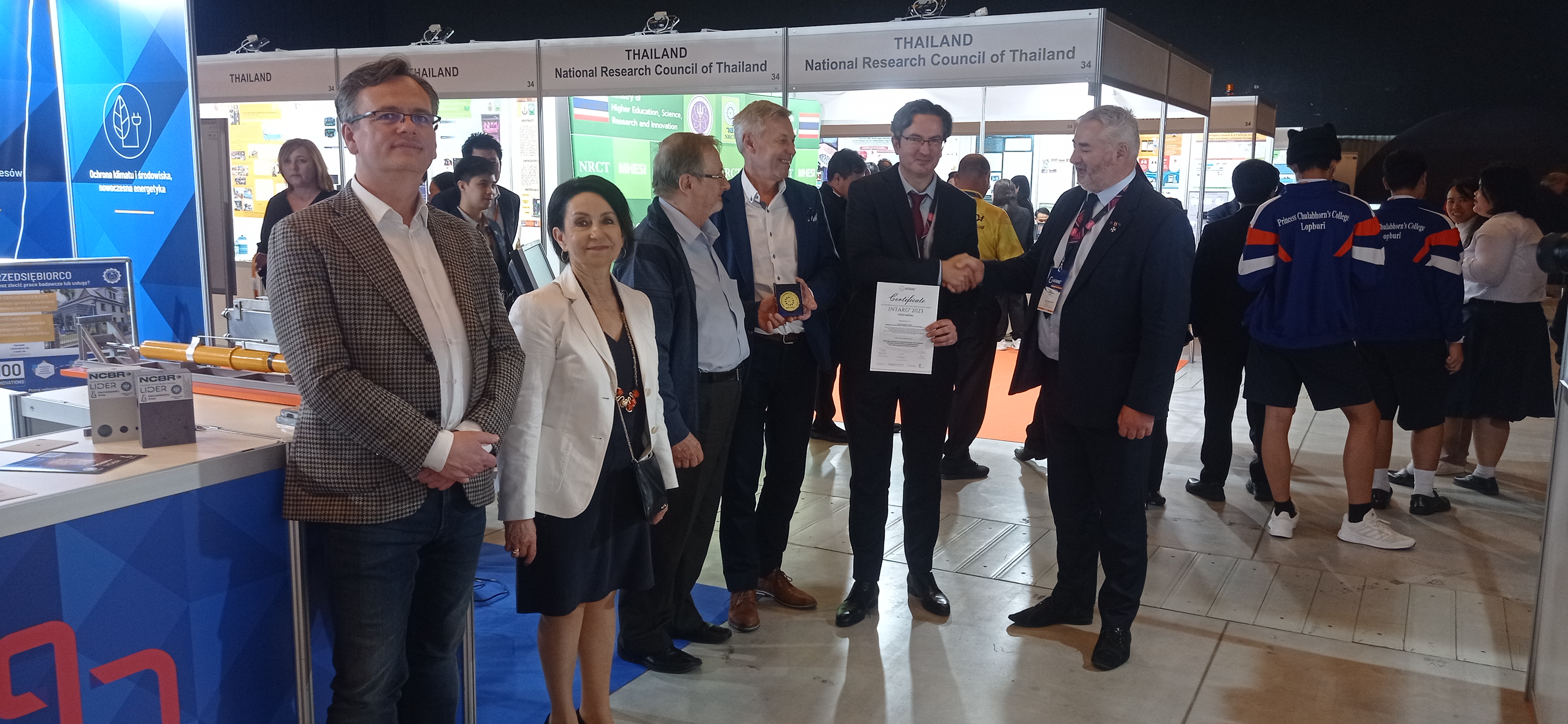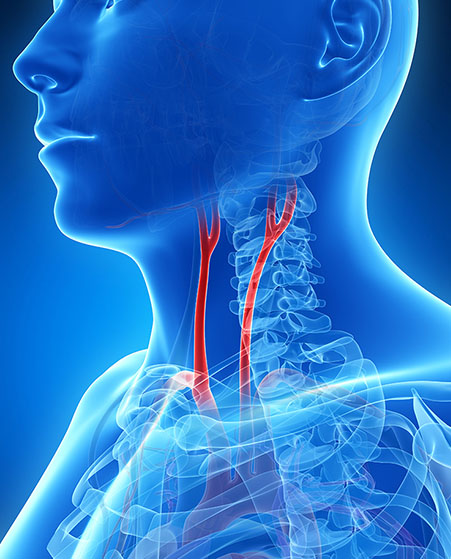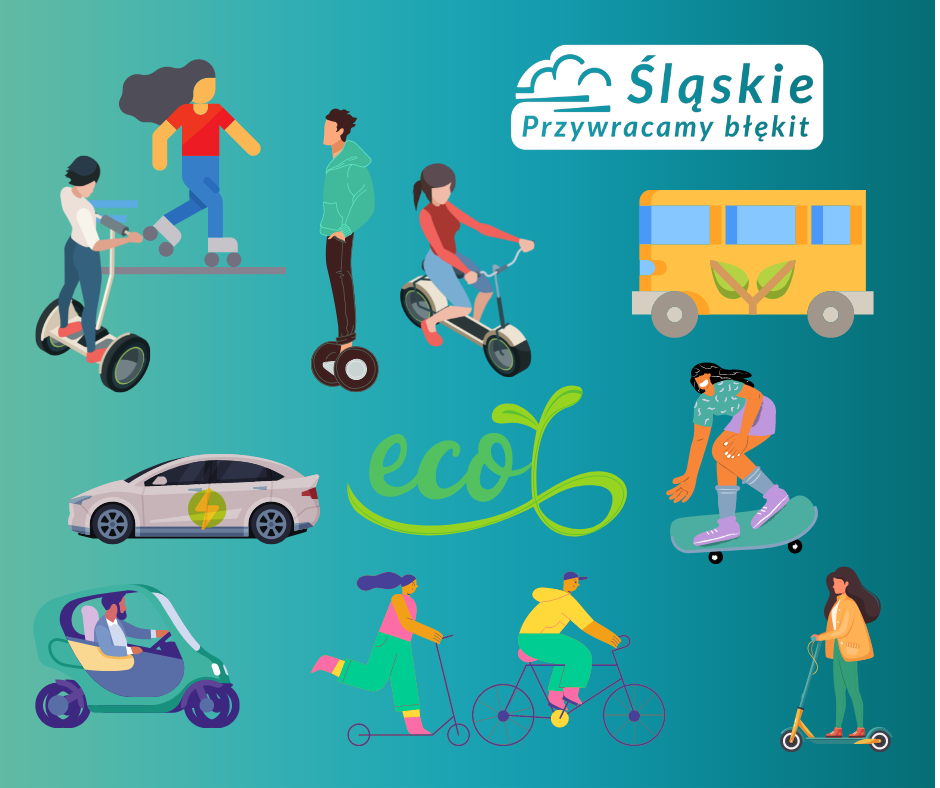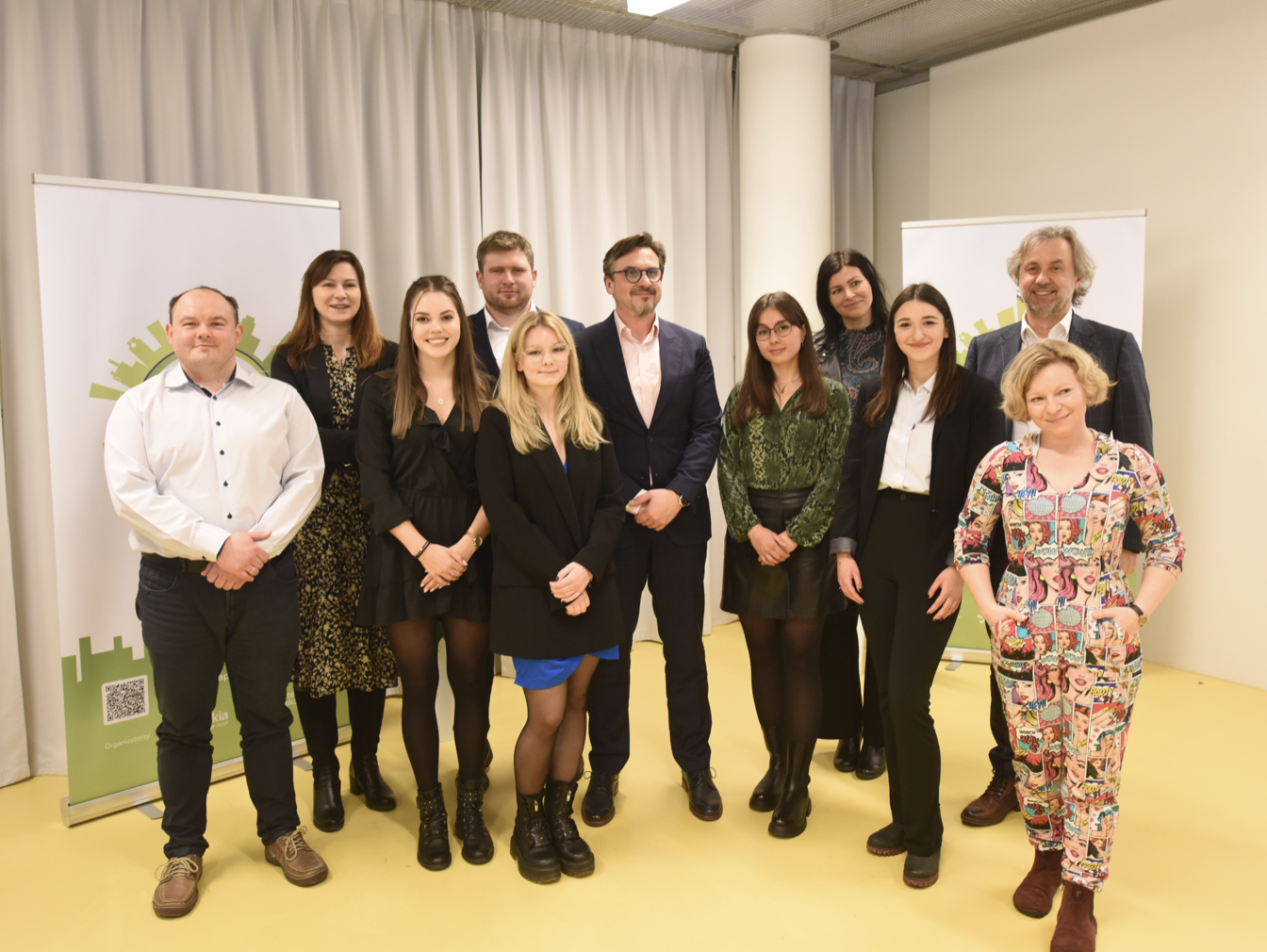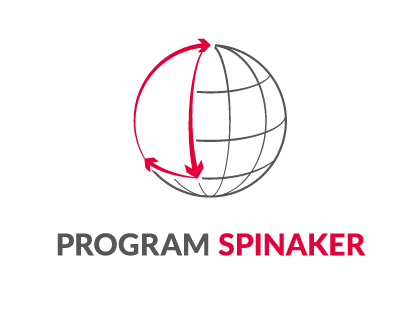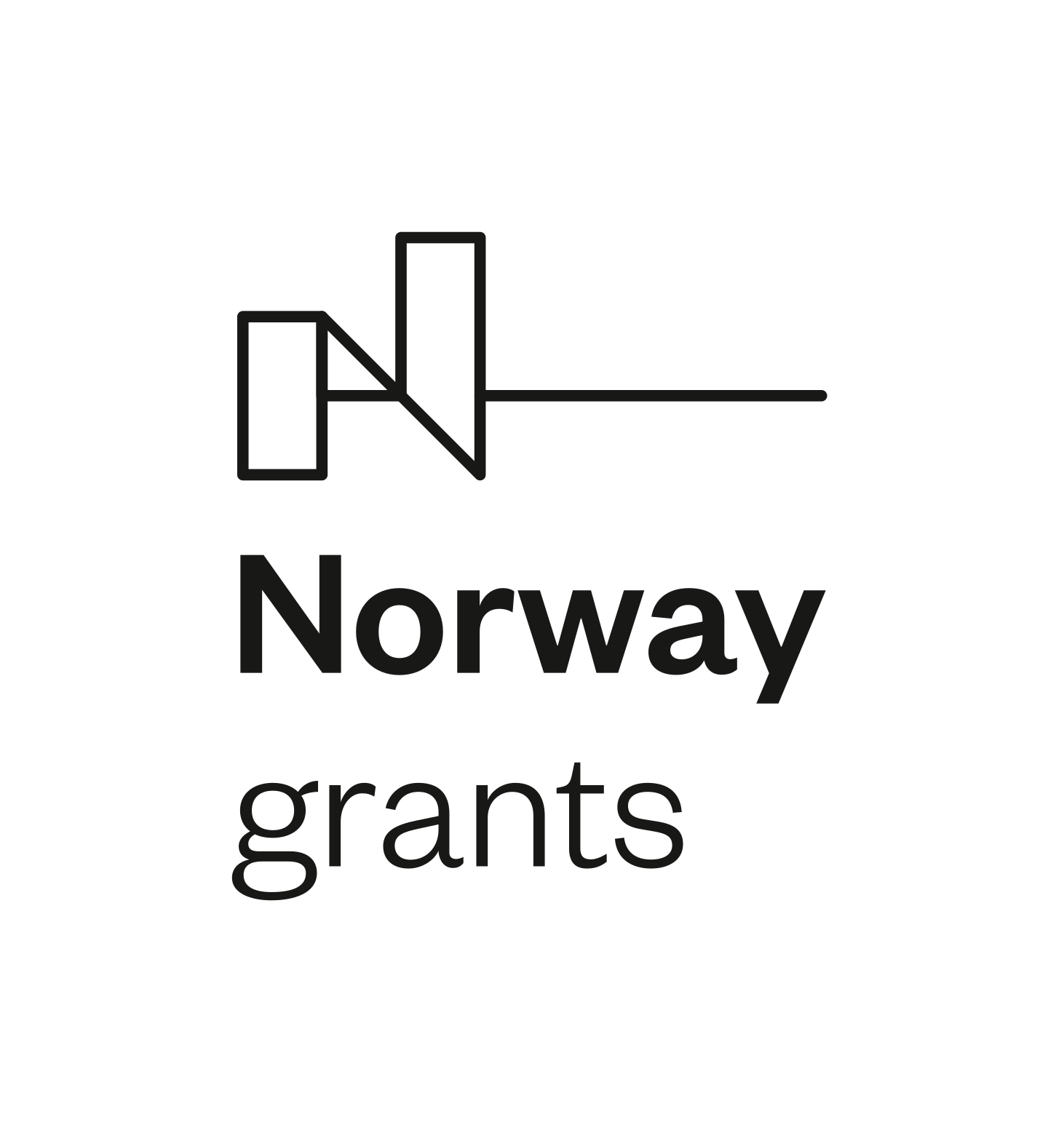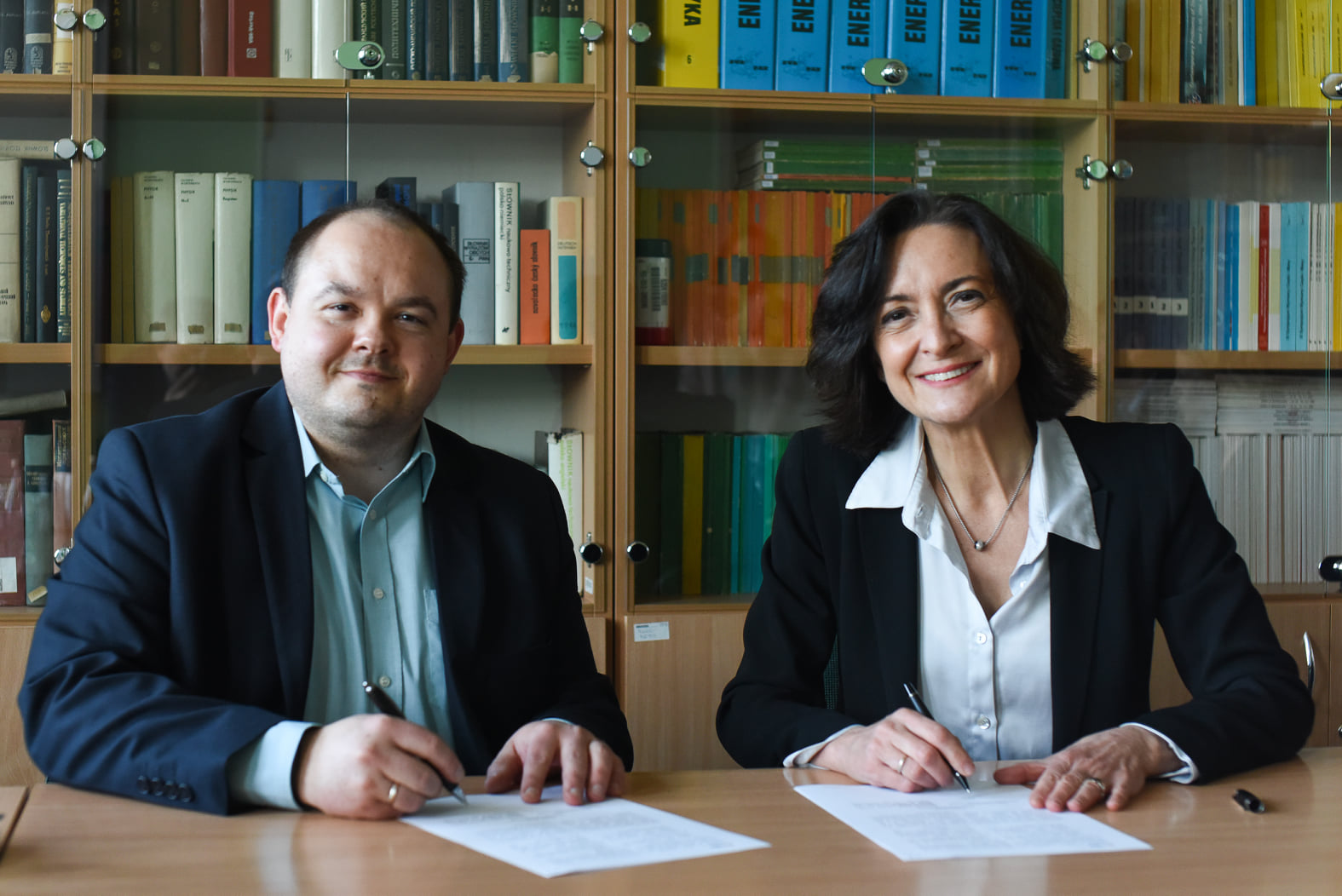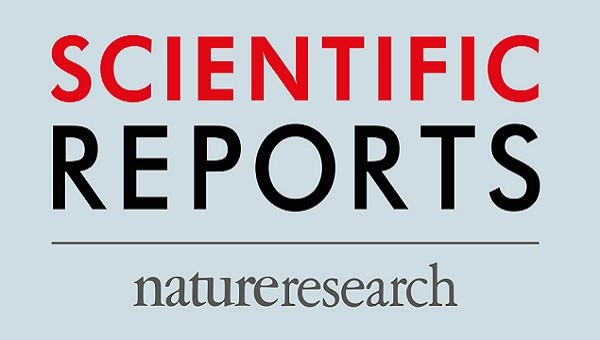Start - News

IEA EBC Annex 87 meeting at Technical University of Denmark
On 17-18 October, a working meeting of the participants of the IEA EBC Annex 87 project was held in a hybrid form at the Technical University of Denmark. The project works on personalized environmental control systems (PECS) in the context of their energy efficiency and effectiveness in shaping indoor environmental conditions. The meeting was attended by over 35 people from leading research centers and industries. The Silesian University of Technology was represented by Dr. Aleksandra Lipczyńska.

From left: Prof. Joon-Ho Choi (USC, United States), Dr Alessandra Luna Navarro (TU Delft, Netherlands), Dr Ricardo Forgiarini Rupp (DTU, Denmark), Prof. Arsen Melikov (DTU, Denmark), Prof. Marco Perino Politecnico di Torino, Włochy), Prof. Bjarne Olesen (DTU, Denmark), Dr Dolaana Khovalyg (EPFL, Switzerland), Dr Jun Shinoda (DTU, Denmark), Dr Zhibin Wu (Niemcy), Dr Ongun Kazaci (DTU, Denmark), Arch. Pedro Pablo de la Barra Luegmayer (TU Delft, Netherlands), Ryan Liao (EPFL, Switzerland), Dr Mariya Bivolarova (DTU, Denmark), Dr Aleksandra Lipczyńska (SUT, Poland), Dr Mandana S. Khanie (DTU, Denmark), Dr Sara Omrani (QUT, Australia)
Previous studies have shown that 'personalised environmental control systems' (PECS) improve occupants’ satisfaction with the indoor environment substantially. However, most of those studies were carried out under controlled conditions and long-term performance studies from real buildings are lacking. There is also a gap in the knowledge and tools necessary to make these systems widely-applicable in buildings. Based on this need, the objective of this project is to establish design criteria and operation guidelines for PECS and to quantify the benefits regarding health, comfort and energy performance. This includes also control concepts and guidelines for operating PECS in spaces with general ambient systems for heating, cooling, ventilation, and lighting. The scope of the project includes all types of PECS for local heating, cooling, ventilation, air cleaning, lighting, and acoustics. It includes desktop systems, which are mounted on desks, or integrated into furniture, chairs with heating / cooling and ventilation, and other types that can be found during the study. It also includes wearables, where heating, cooling, and ventilation are included in garments or devices attached to an occupant's body.
Faculty News
Show all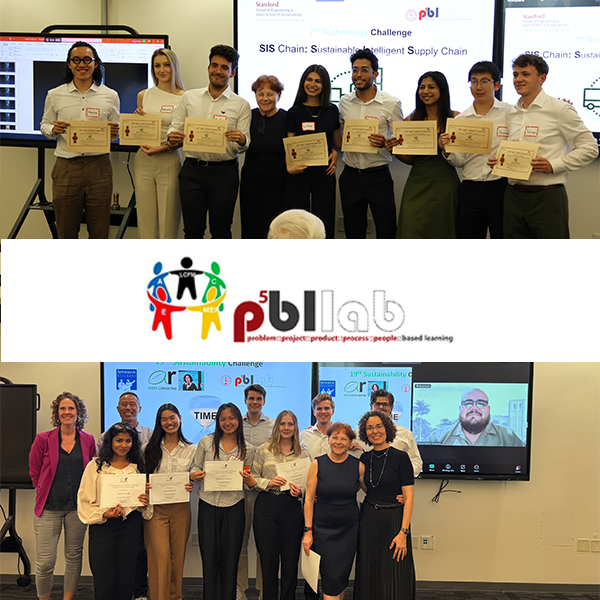

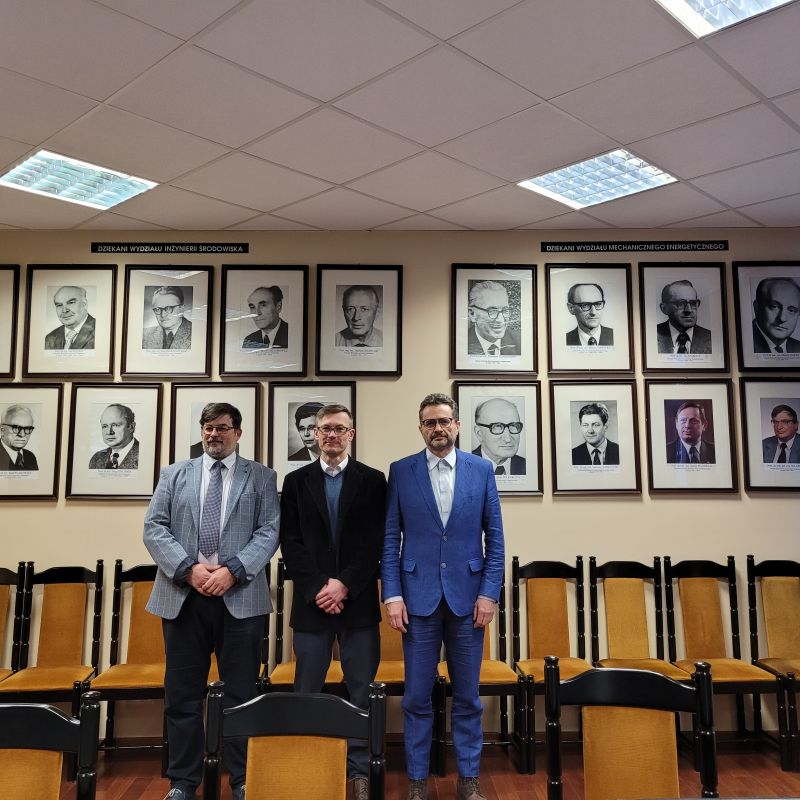
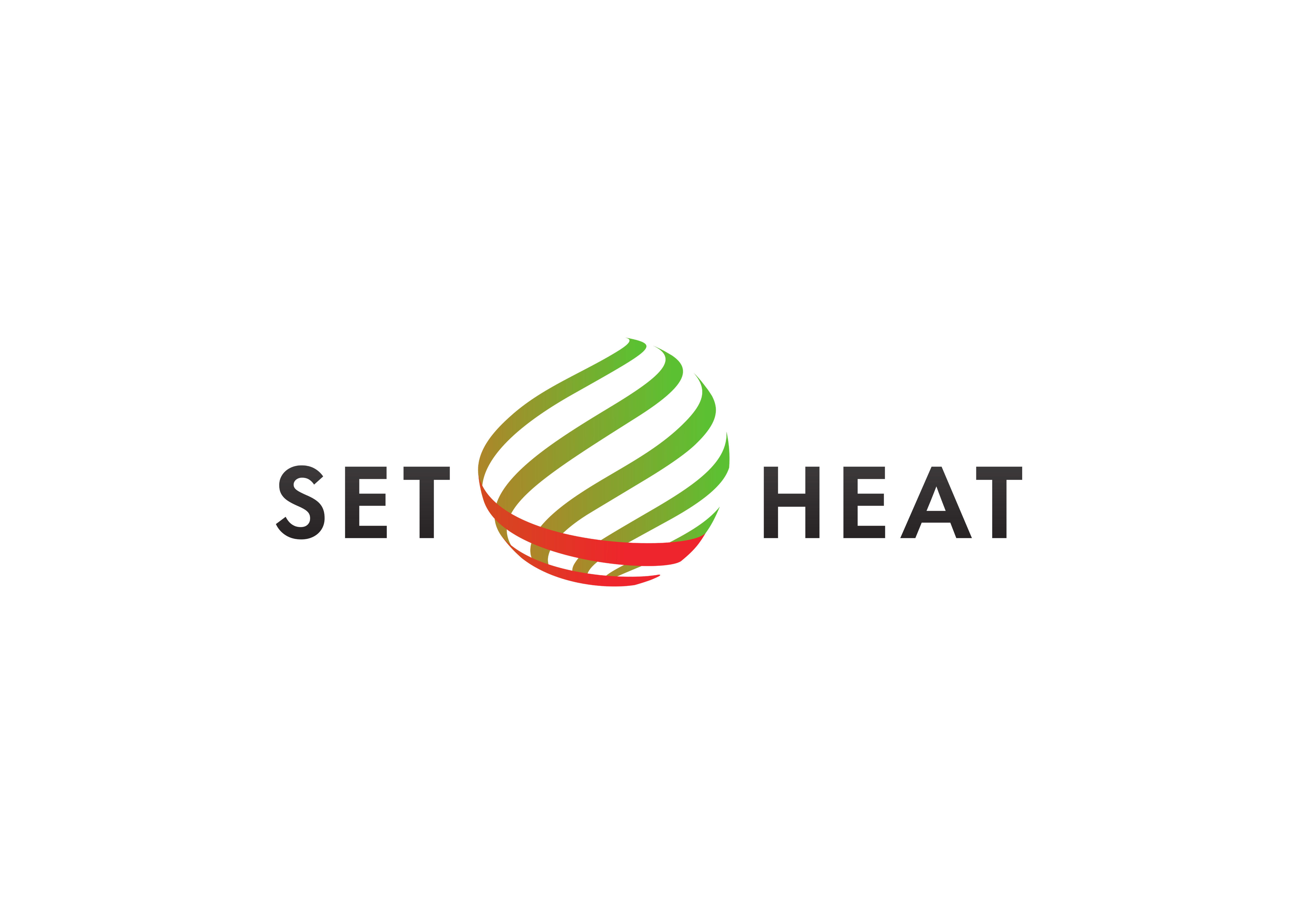

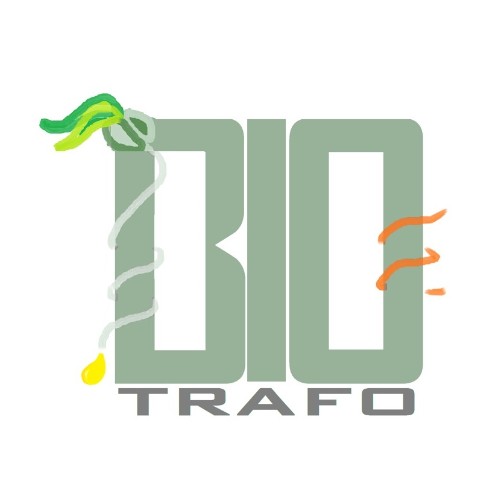
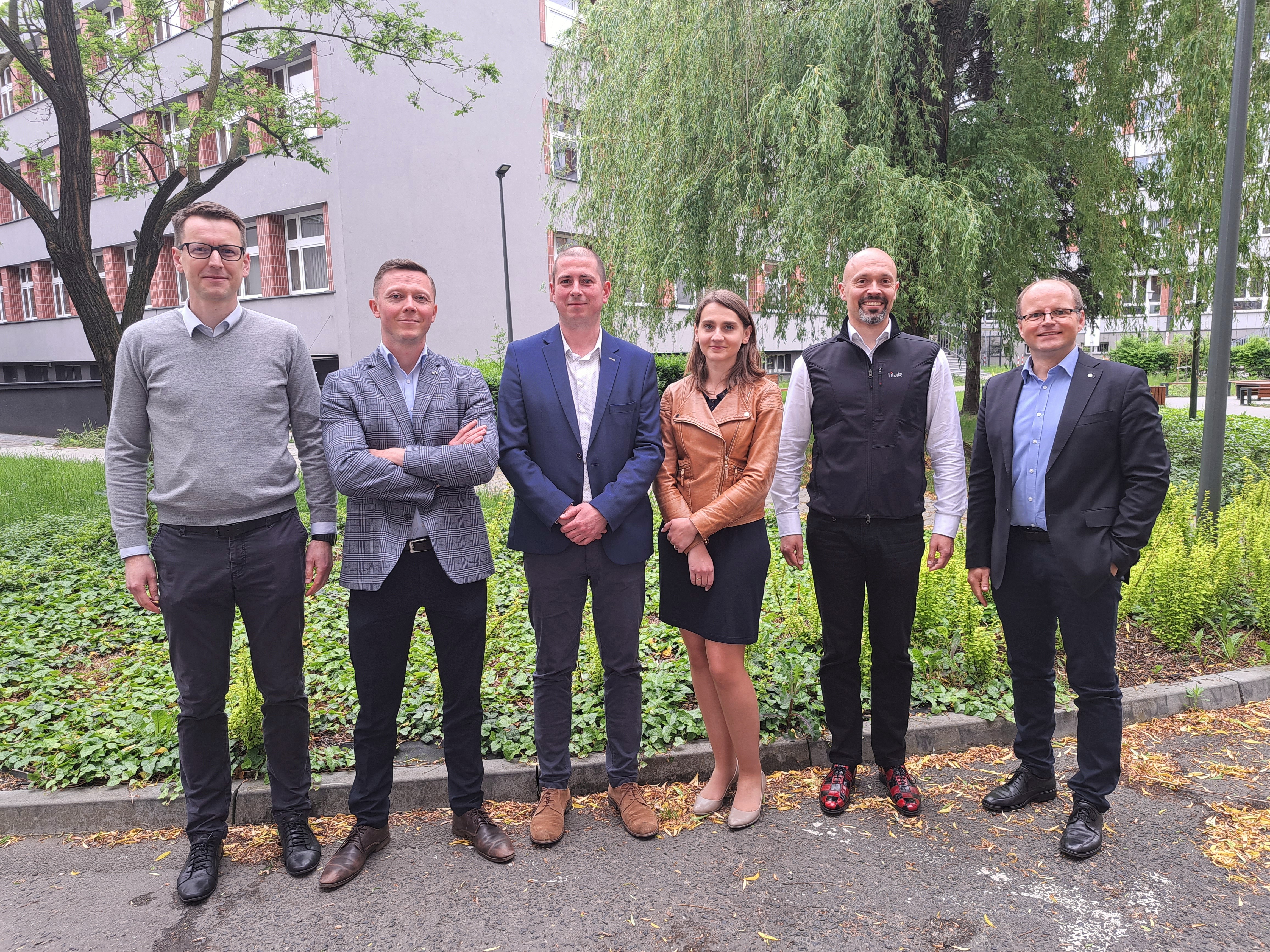
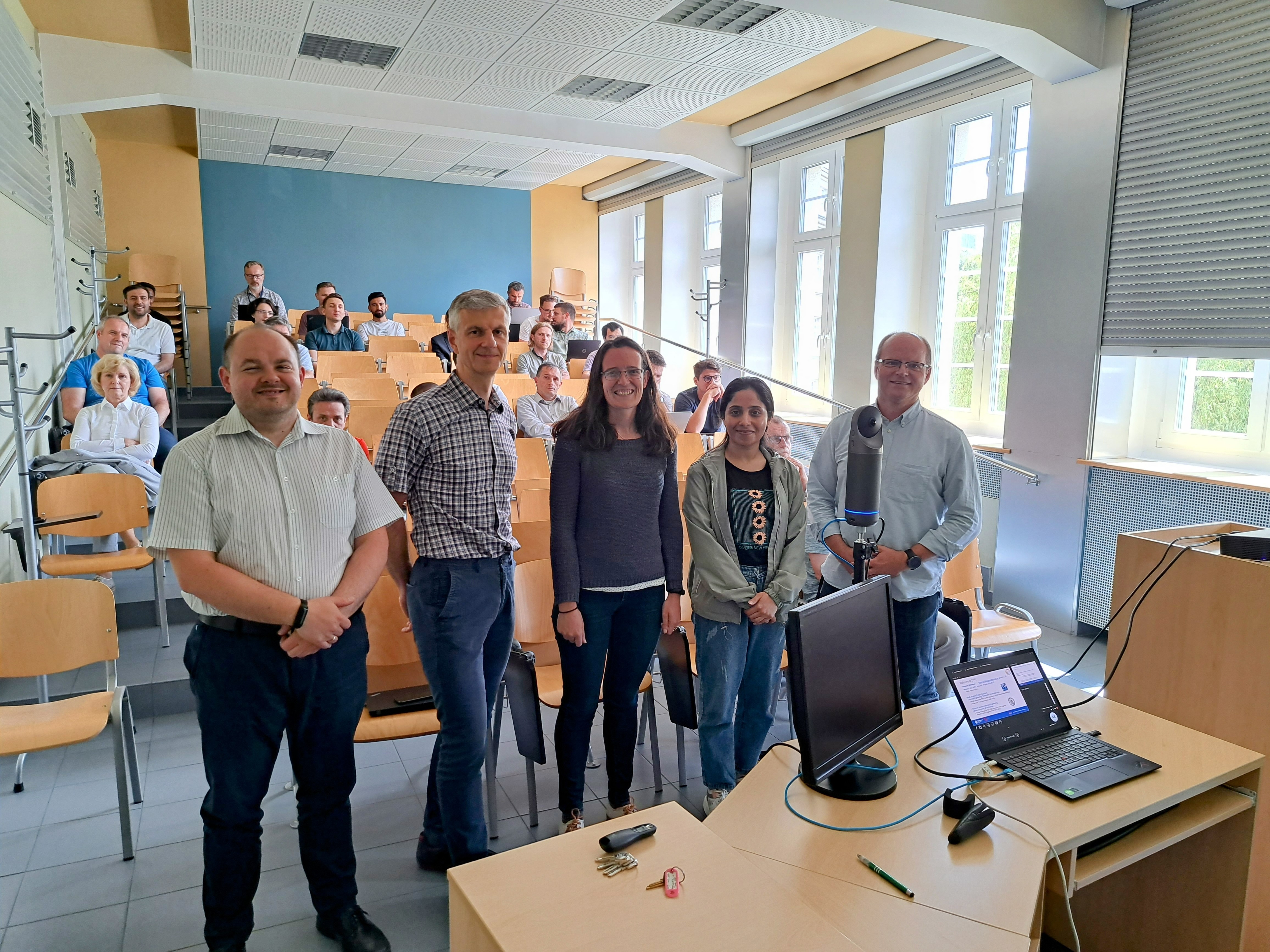
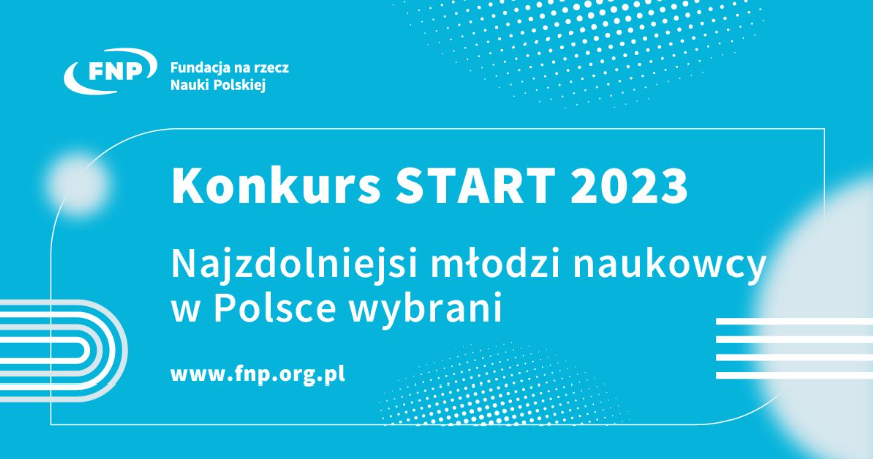
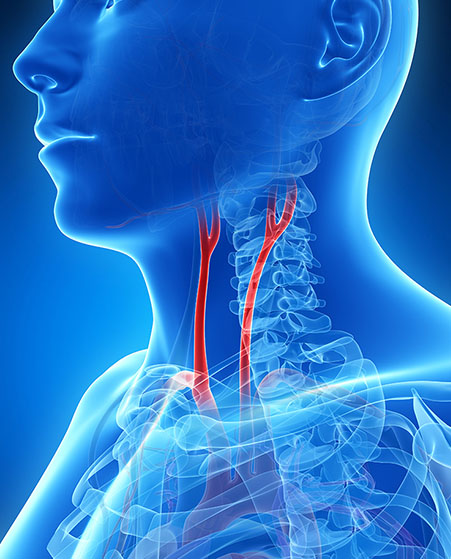
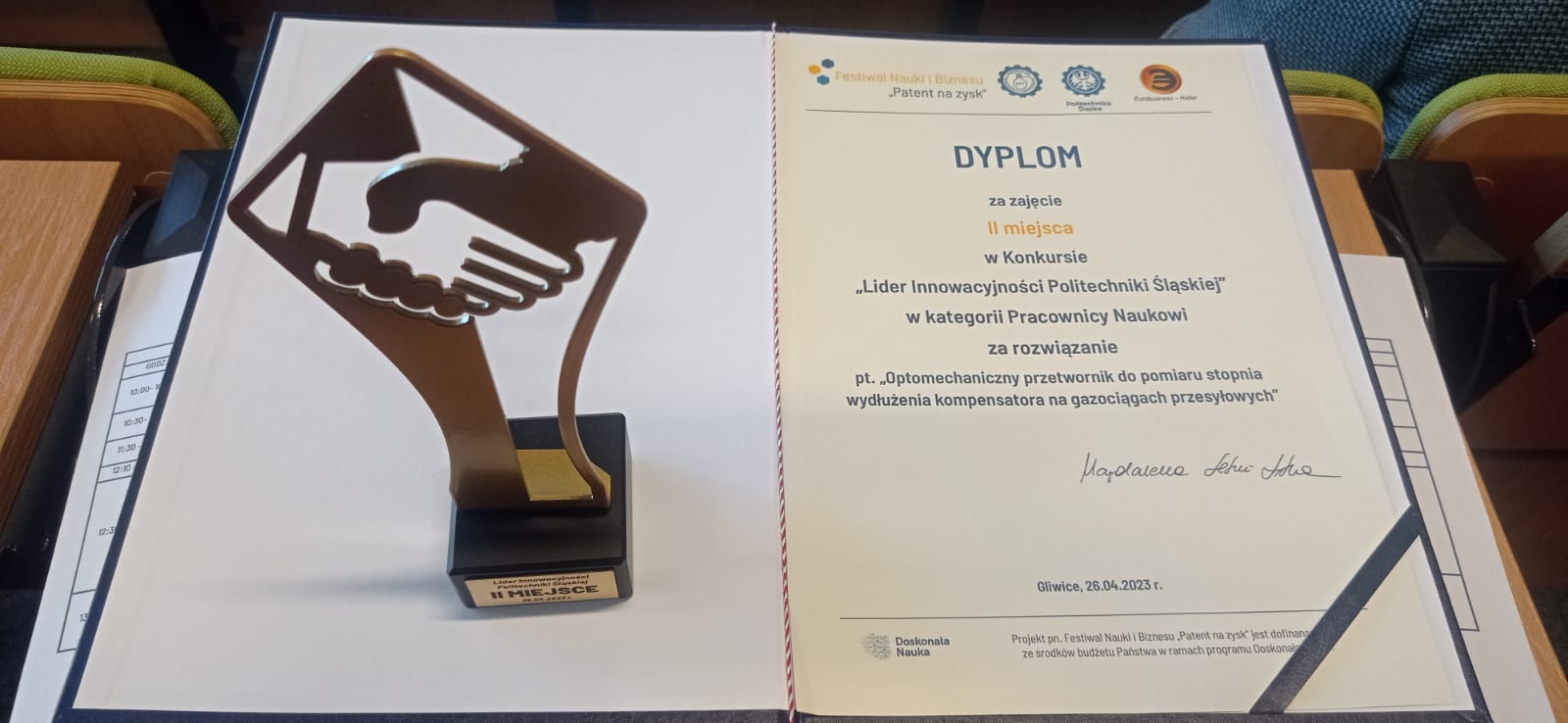
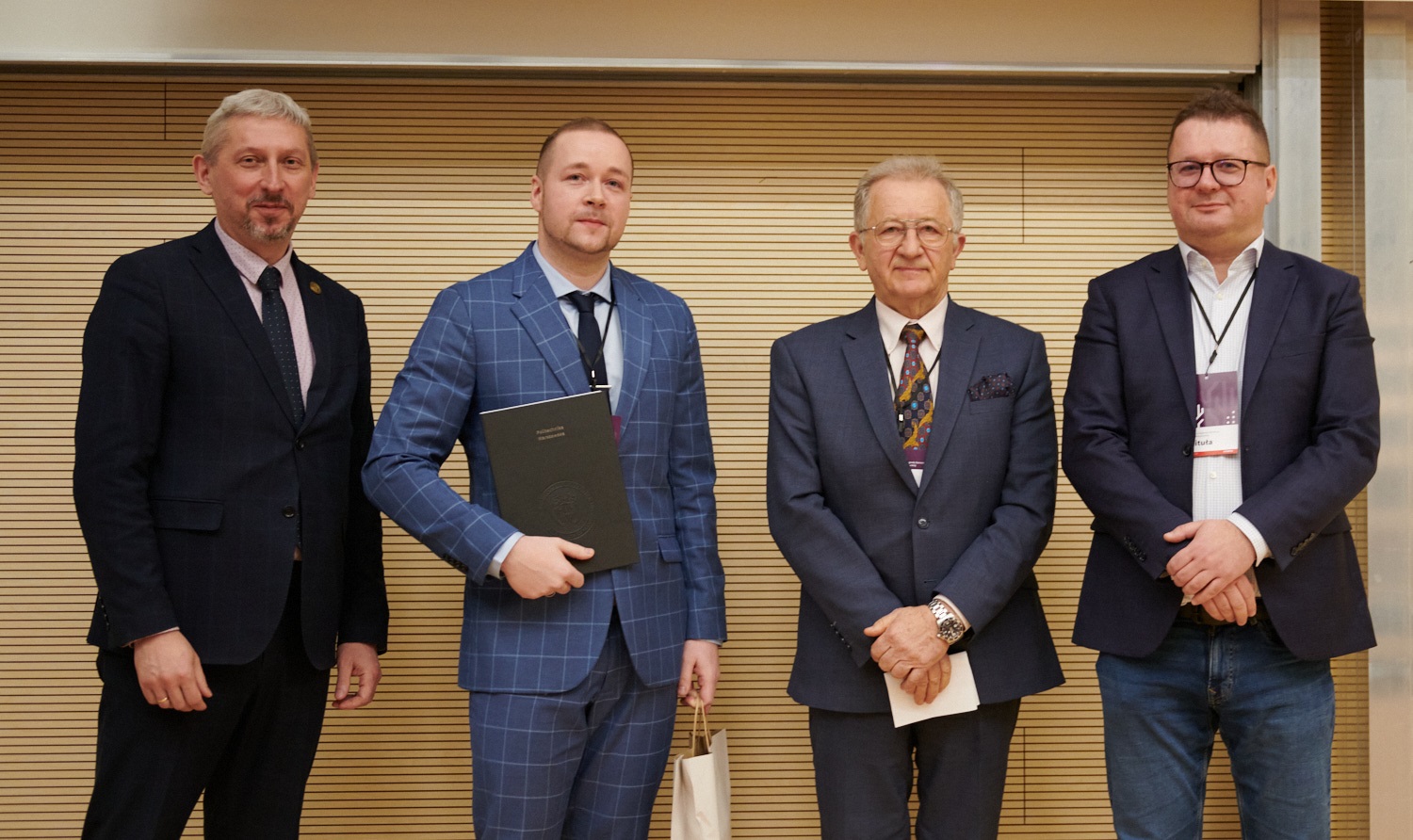
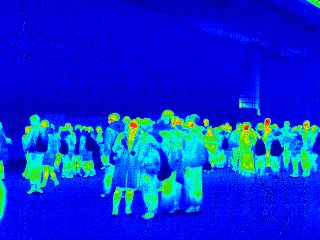
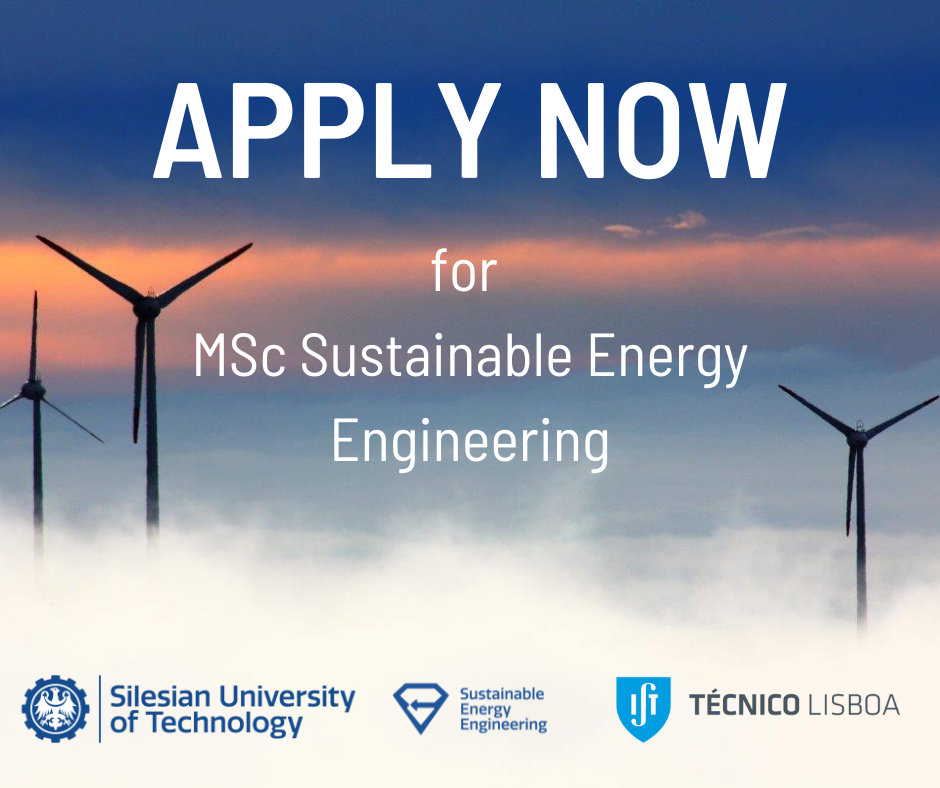
Double Degree in Sustainable Energy Engineering - Applications are Open!
Applications are now open for the double degree of Sustainable Energy Engineering, carried out jointly between Silesian University of Technology and IST for the 2023/24 academic year.
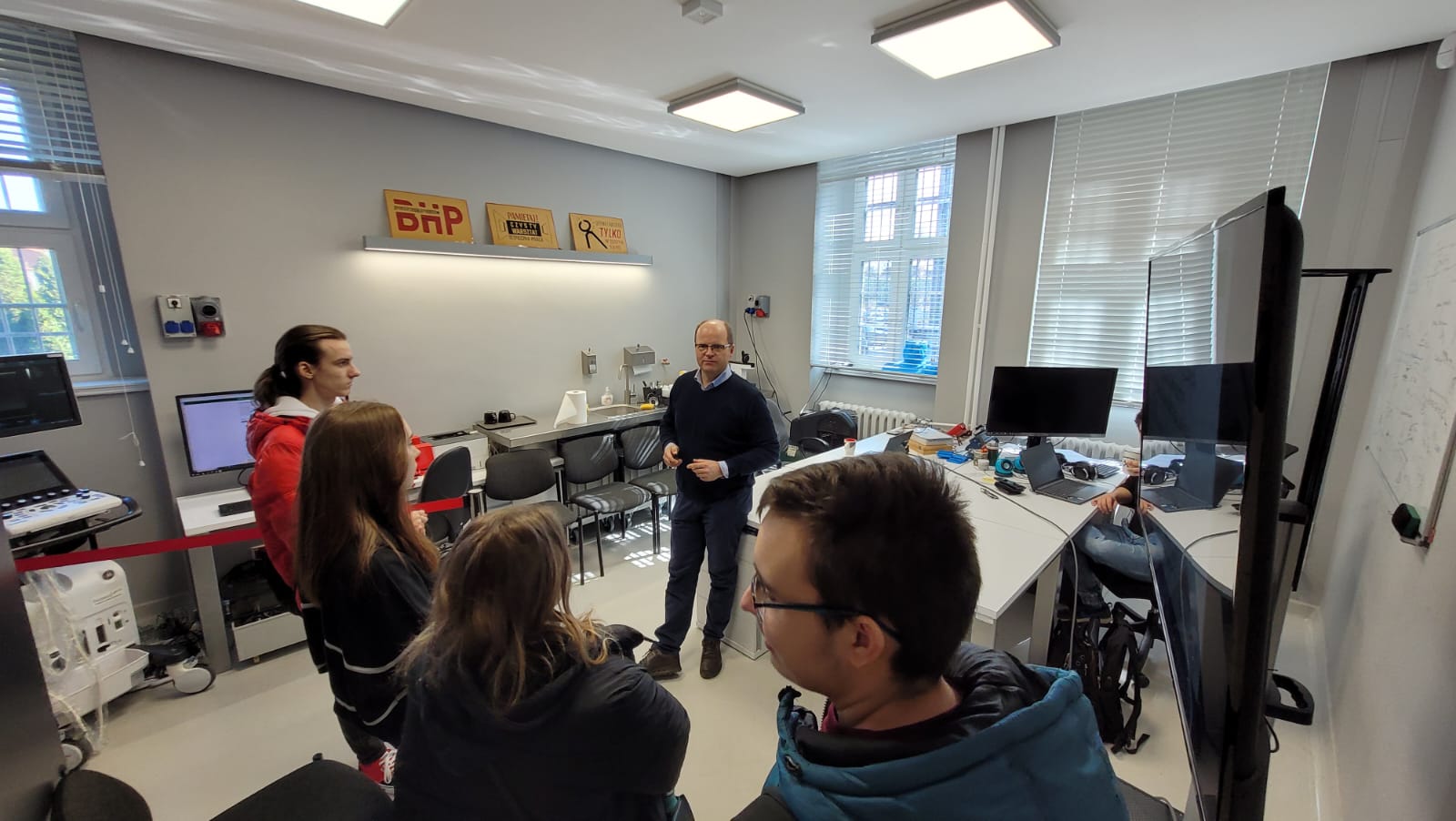
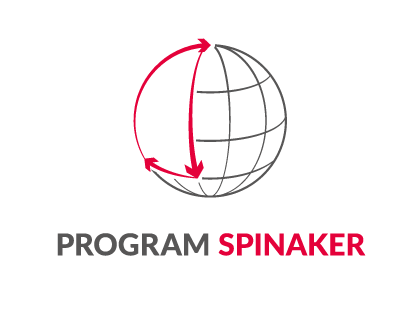
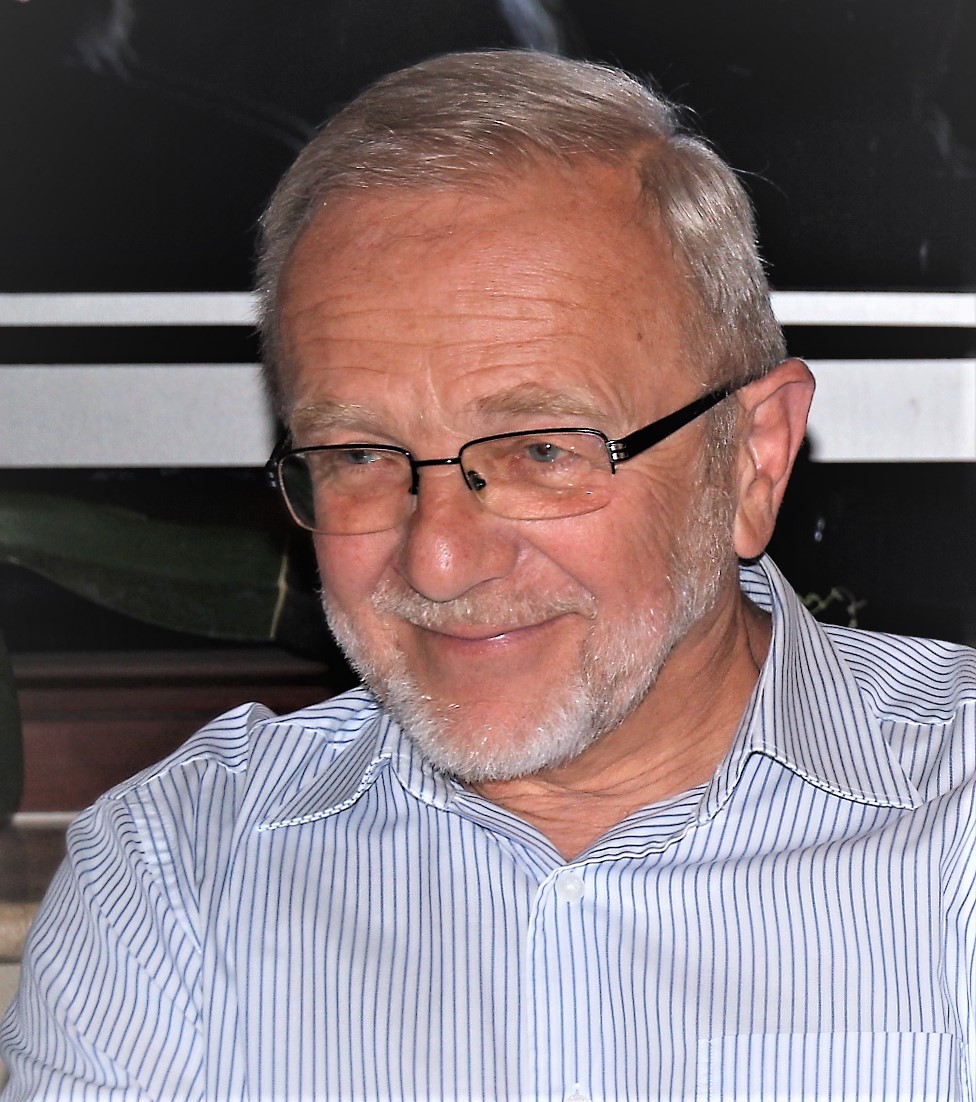

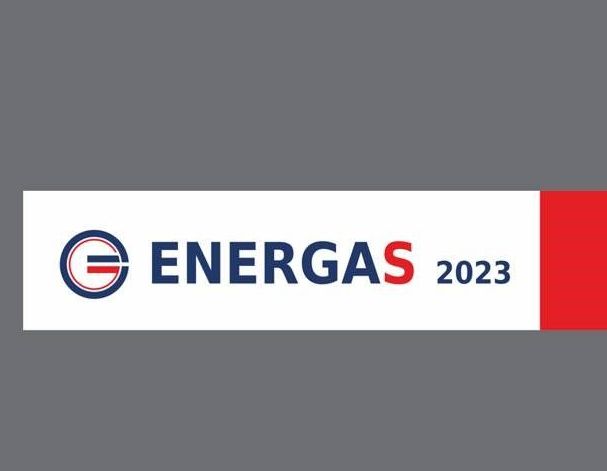
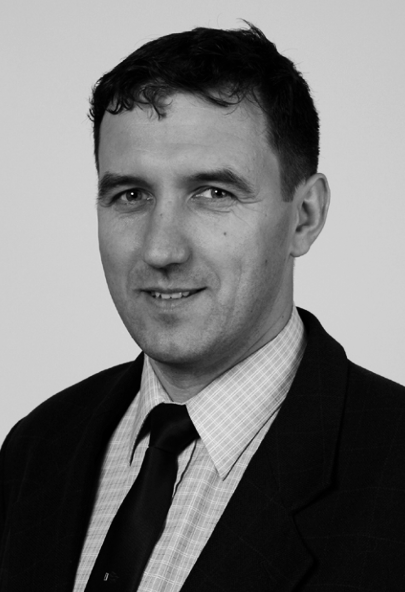
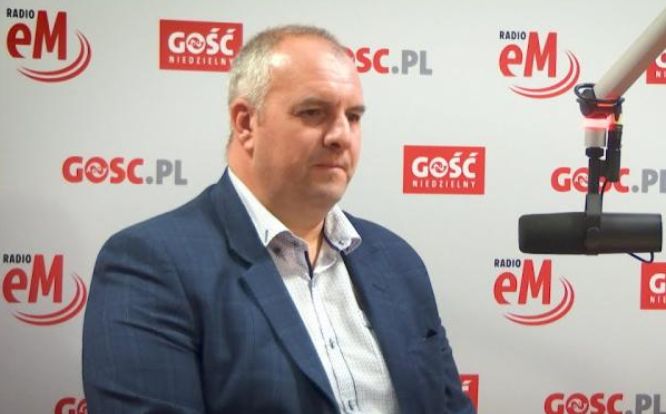



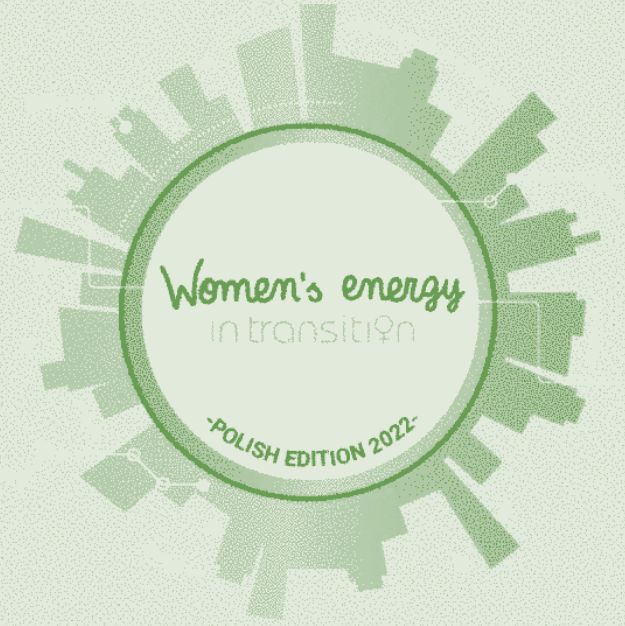

Show more Less items







